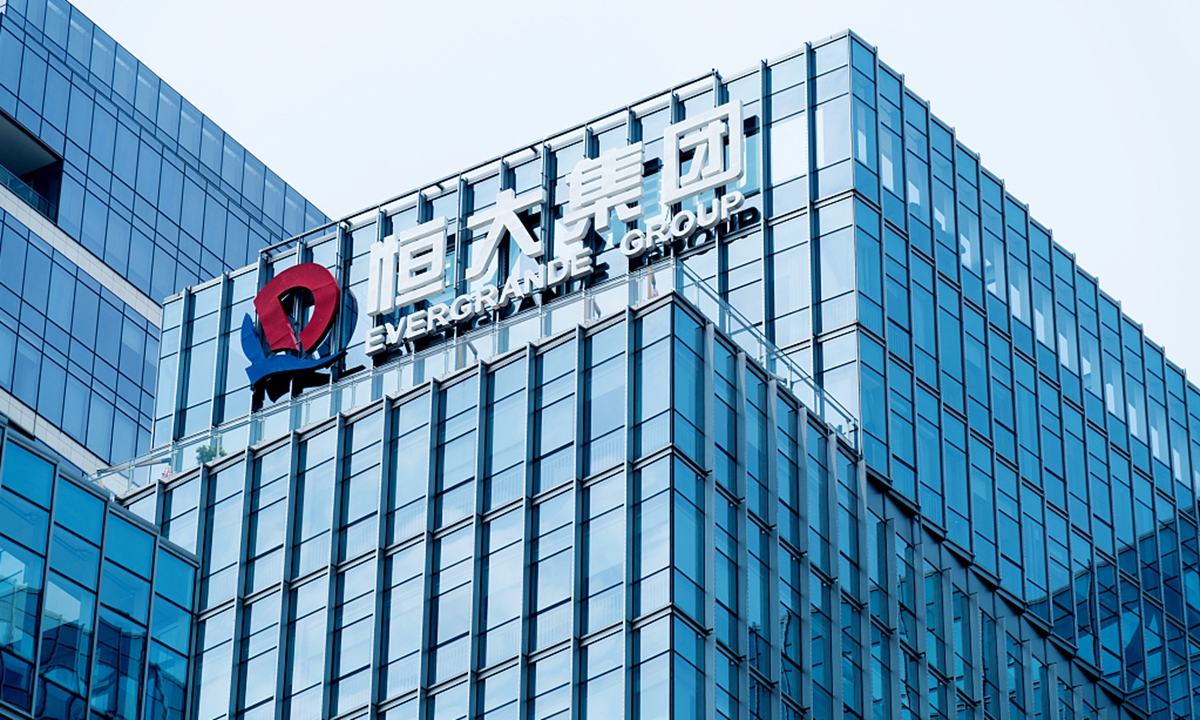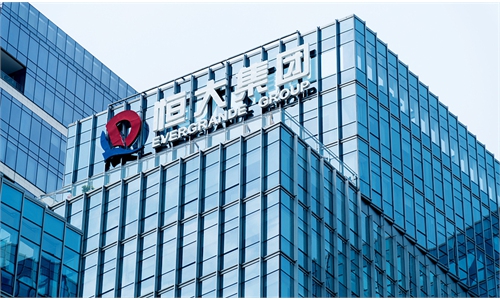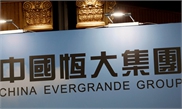
Evergrande Group Photo: CFP
China's central bank on Friday said the spillover effects of China Evergrande Group's liquidity crisis are controllable, the first public statement since the company was summoned by the regulator in August.
The crisis was caused by poor management, but financial sector debts only accounts for one third of the total debt, Zou Lan, head of financial markets at the People's Bank of China, said at a briefing.
Zou said the total assets of Evergrande Group exceed 2 trillion yuan ($310 billion), of which about 60 percent are real estate development projects, involving more than 1,000 project subsidiaries as independent legal entities.
In recent years, Evergrande Group has failed to operate cautiously in accordance with changes in the market situation. Instead, it has blindly diversified and expanded, resulting in serious deterioration of operating and financial indicators, Zou added.
"The problem with Evergrande Group is an individual case in the real estate industry," Zou said.
With the macro-control of the real estate sector in recent years, especially the establishment of a long-term real estate mechanism, the domestic real estate market has maintained stable land prices, housing prices, and expectations. Most real estate companies have stable operations and good financial indicators. The real estate industry is generally healthy, Zou added.
At present, relevant departments and local governments are carrying out risk disposal and resolution work, urging the group to increase asset disposal and speed up the restoration of project construction.
In this process, the financial department will cooperate with the housing construction department and local governments to provide financial support for the resumption of the projects, Zou said.
The property giant, known as a forerunner in delivering apartments with high-level decoration, has over the years expanded into many third-tier cities. Moreover, its ambition has gone far beyond the real estate sphere, with its new-energy vehicle moves frequently making the headlines.
Global Times


